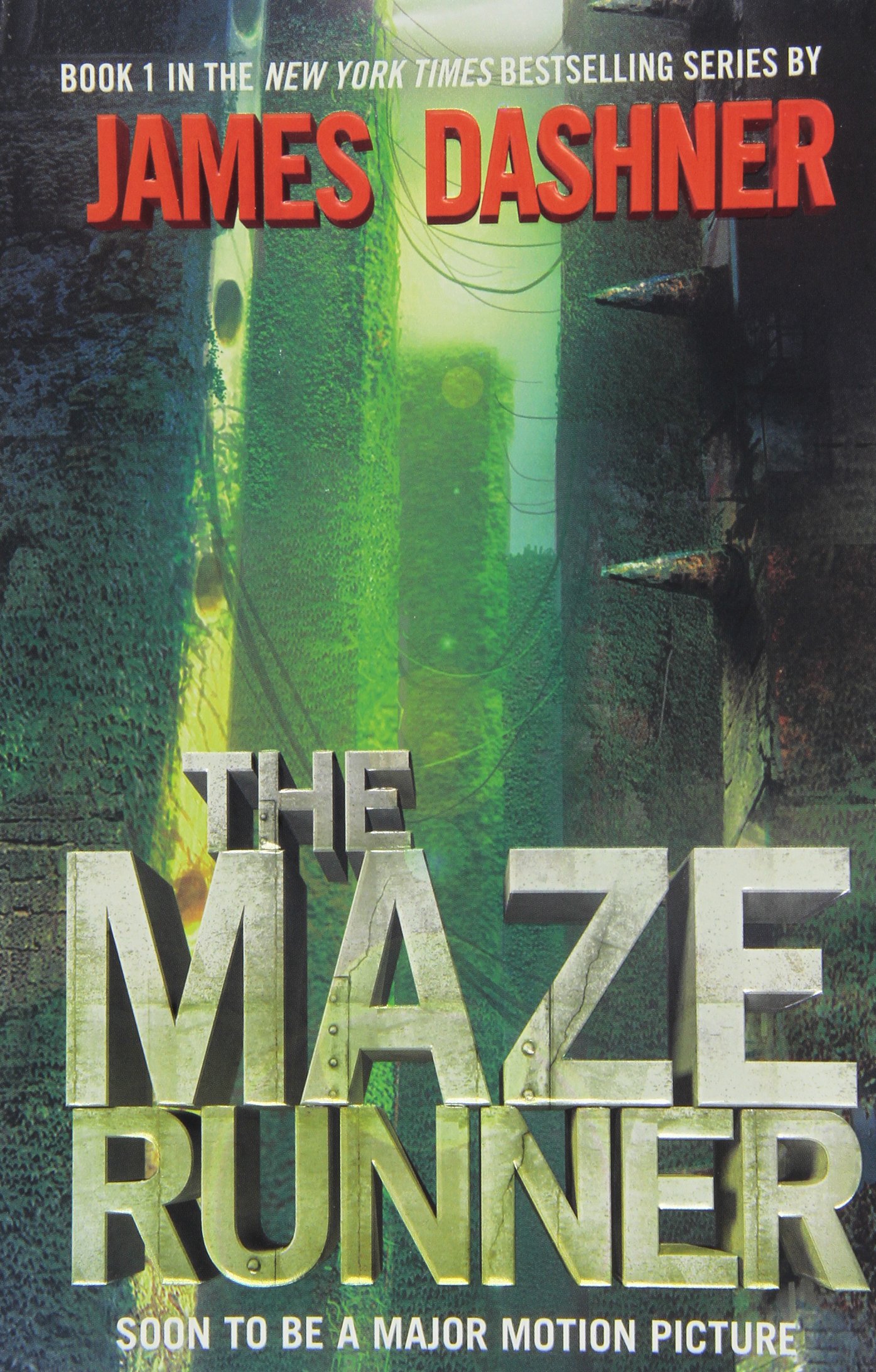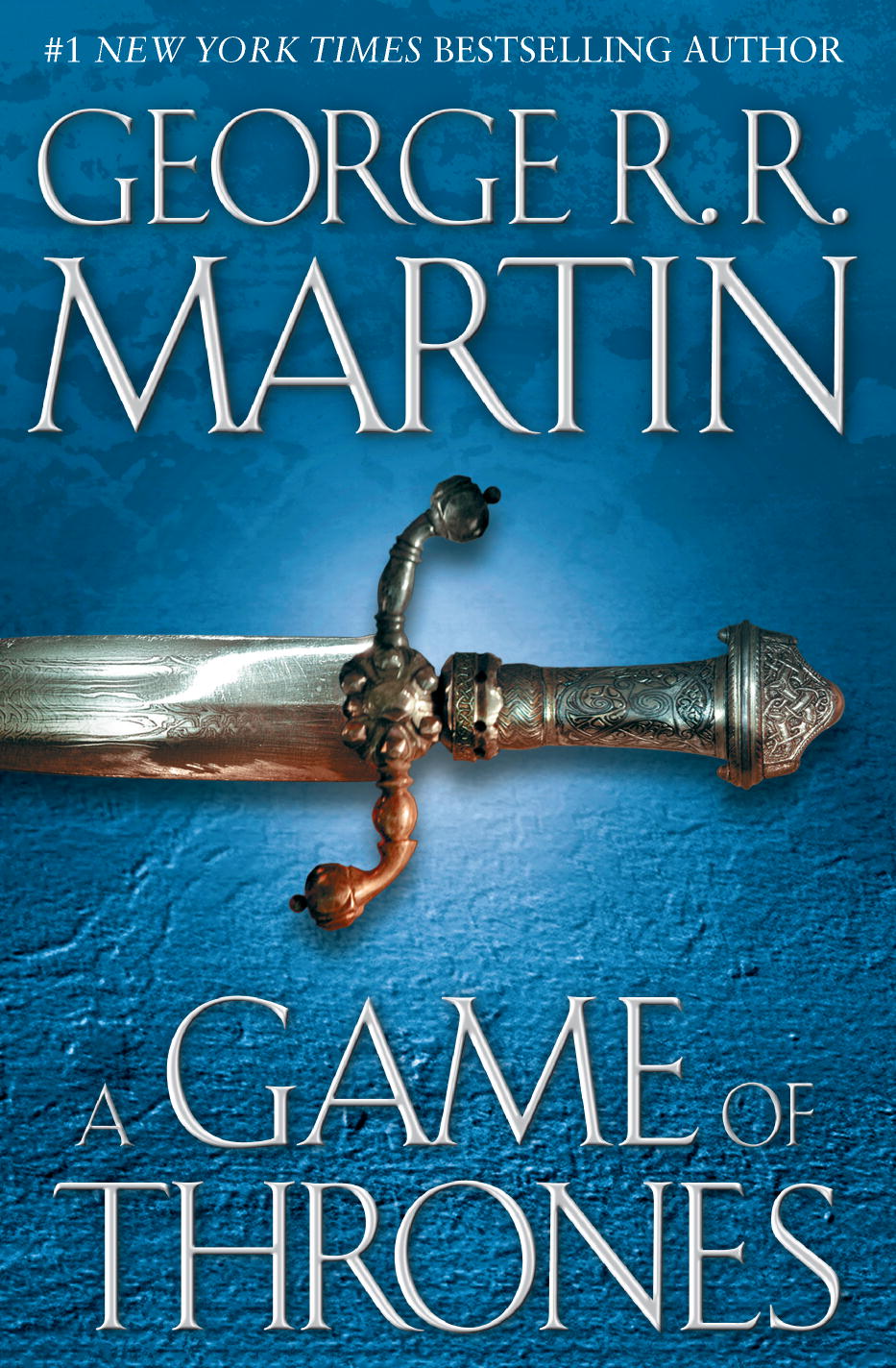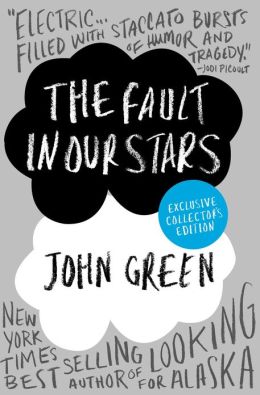(Spoilers, obviously since it's book three...) The Death Cure follows Thomas and the rest of the survivors from various groups as they continue running from WICKED while hoping to stop more innocent people getting sacrificed for the hope of a cure for the Flare. All this culminates into a return to the maze?! Gasp!
Photo from Barnesandnoble.com
I was excited to read this because I had seen a lot of good reviews, and know many people that love this series. I guess it just wasn't my cup of tea. Which is disappointing, because I'm always looking for a new cup of tea to enjoy. I had heard people praise the pacing of the novel. They are right - it's filled to the brim with action and you are never in the same place for too long. But I wonder if that was part of my problem with it. While the reader is taken on a dystopian world tour, I wanted to sit and watch the growth of the characters that I had invested so much time in. I wanted more answers to why WICKED really seemed to be living up to their spooky acronym. But I got more questions. And I didn't get the pay off of Thomas getting back his memories. Maybe we do in the prequel, but that doesn't seem fair to me and I'm not sure if I even want to take a stab at it anyway.
But let me stop myself from getting too cranky (kranky?). I did finally get more development for Newt and Minho, which I was begging for. I still wish I could have had more time with them, but I would say that that's always a good sign when you can't seem to get enough of a character. And for the most part I did enjoy the last quarter of the book. We were headed back to the maze, and you know that in one way or another this will all be over soon. I don't even mean that in a negative way, it's just so much has happened to these characters, you just wish for them to get some rest and answers!
Overall, I was pretty pleased with the ending as well. I wish Thomas had gotten his memories back so we could understand WICKED's motives a little more. They were too evil and too hard to believe all of this would be set up without a cheaper, safer alternative. I would have loved to see Thomas struggle with the morals of his new and old self. I would have loved to see what his real, original connection to Theresa was because I felt like I never really connected to her myself. Alas, I still understand Thomas' motives for choosing against the procedure. I think my absolute favorite parts were Newt's heartbreaking end, and the hope of a new beginning for the others.














